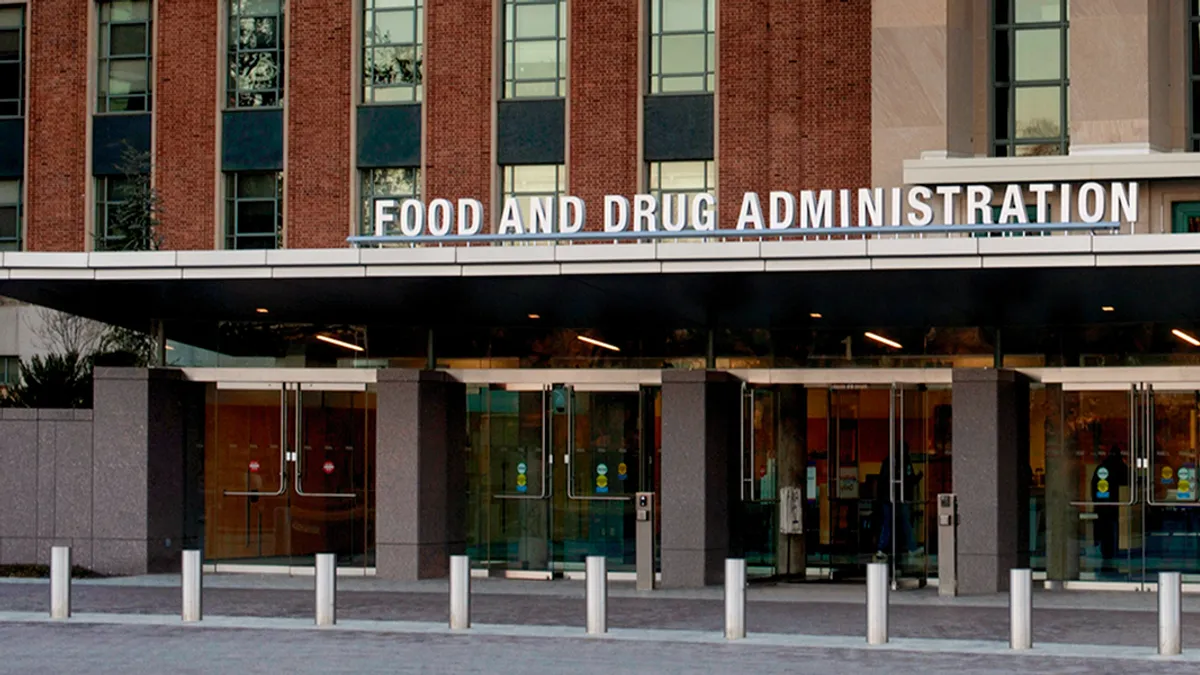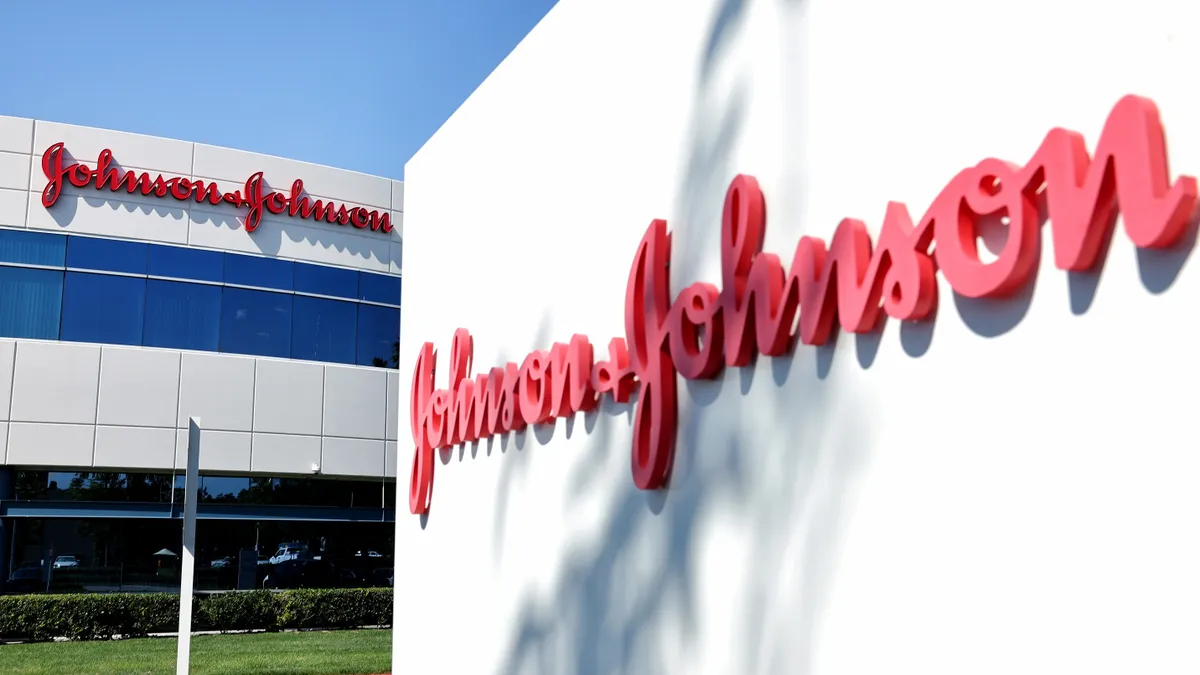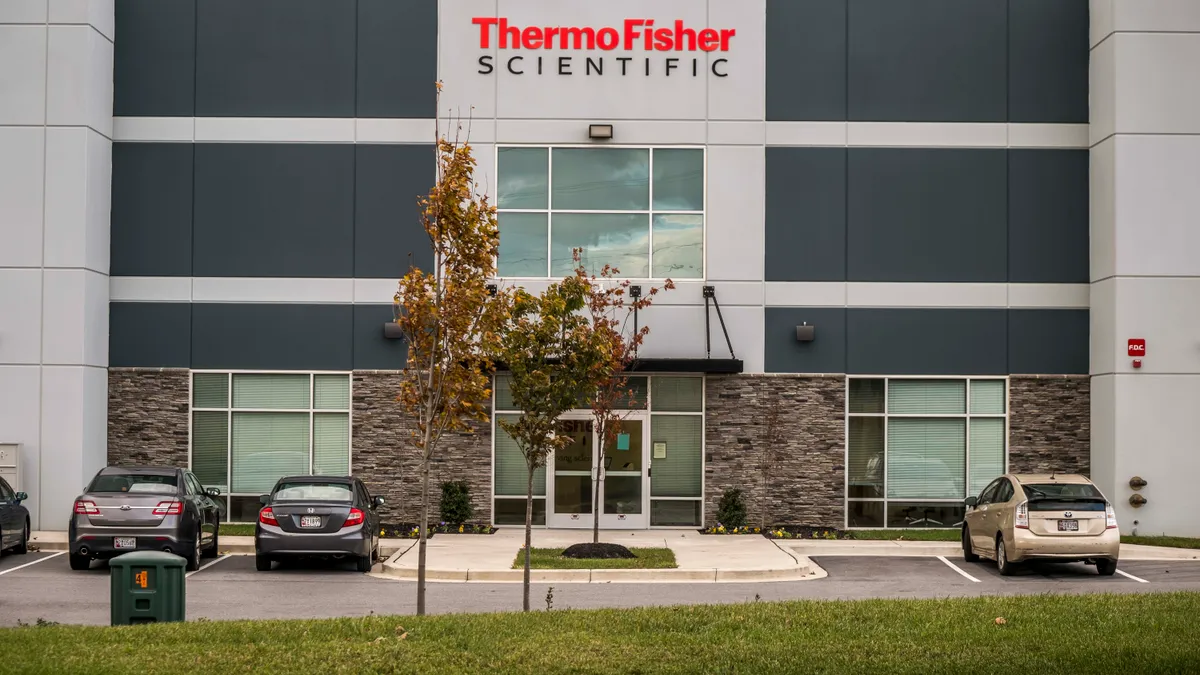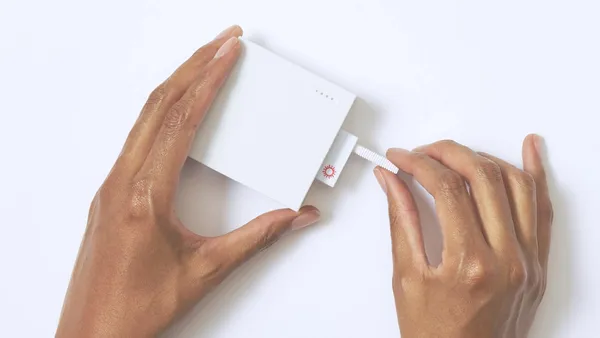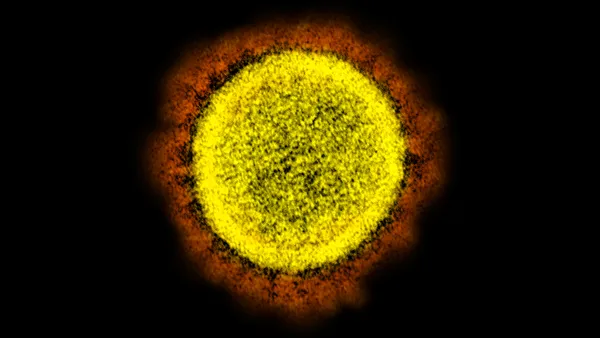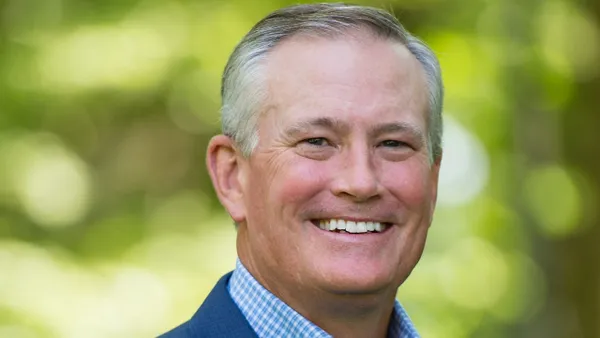Dive Brief:
- FDA on Thursday issued a communication in response to the novel coronavirus outbreak emphasizing its digital health policies allow for "innovators to create COVID-19 related public health solutions" such as mobile apps used by the CDC and state and local health departments to manage their response to the crisis.
- The regulatory agency made a blanket statement that it "does not consider most apps and software systems for public health surveillance and communication to be medical devices regulated by the FDA." But the scope of the regulation remains murky in terms of what it intends to regulate during the national emergency.
- Bradley Merrill Thompson, a medical device regulatory attorney at Washington, D.C.-based Epstein Becker Green, said while he appreciates the FDA's attempt to spur innovation in response to the pandemic, the statement from the agency is "useless" public relations. "It just doesn't say what is and what is not permitted in a very clear way," according to Thompson.
Dive Insight:
As public health officials try to manage their response to the outbreak in the United States, which now has the world’s most coronavirus cases, FDA contends digital health technologies can provide "powerful tools" for communicating with vast numbers of Americans and tracking those that may be infected.
The agency said these tools can help "document the presence or absence of commonly understood symptoms" and "help people support public health officials' efforts to retrace locations visited and people with whom they have had close contact."
FDA emphasized that it "generally does not regulate products that are intended to track locations or contacts associated with public health surveillance" as these products "generally do not meet the definition of a medical device in the Federal Food, Drug, and Cosmetic Act."
The agency also noted it "clarified its risk-based approach to regulating digital health products" through a September 2019 Guidance on Device Software Functions and Mobile Medical Applications "which identified many software functions that are not regulated as medical devices, including some that may be useful in the response to COVID-19."
FDA’s interpretation of the types of software no longer considered medical devices is meant to be in line with the 21st Century Cures Act’s amended definition of device, with the recognition that certain digital health technologies —such as mobile apps intended only for maintaining or encouraging a healthy lifestyle — generally fall outside the scope of the agency’s regulation and tend to pose a low risk to patients.
However, Thompson called Thursday's communication from FDA a "marketing" piece that is "just a simple repeat of what's already out there" couched within the context of the current coronavirus crisis.
"They should put out a structured guidance which can be interpreted by people trying to bring out products that would be useful in the battle against this virus," Thompson said. Without more concrete guidance, he complained developers can only guess about what is and what is not permitted.
Looking at the September 2019 guidance, Thompson surmised that a machine learning algorithm relevant to the COVID-19 outbreak could be an example of what FDA does in fact plan to regulate.
That kind of clinical decision support software could categorize likely symptoms based on location and electronic health records to help healthcare providers, he argued, and as a result would probably require regulatory oversight of this kind of software. "Now this example may be impacted by the emergency guidance released a couple of weeks ago," Thompson added. "It's not completely clear."
Nonetheless, the Connected Health Initiative, a coalition of industry stakeholders seeking to remove outdated regulations preventing providers from using digital health in the COVID-19 pandemic, praised the regulatory agency.
"We’ve supported the FDA’s risk-based approach on software as a medical device broadly and thank them for this resource we can share with app developers,” said Morgan Reed, CHI's executive director.


